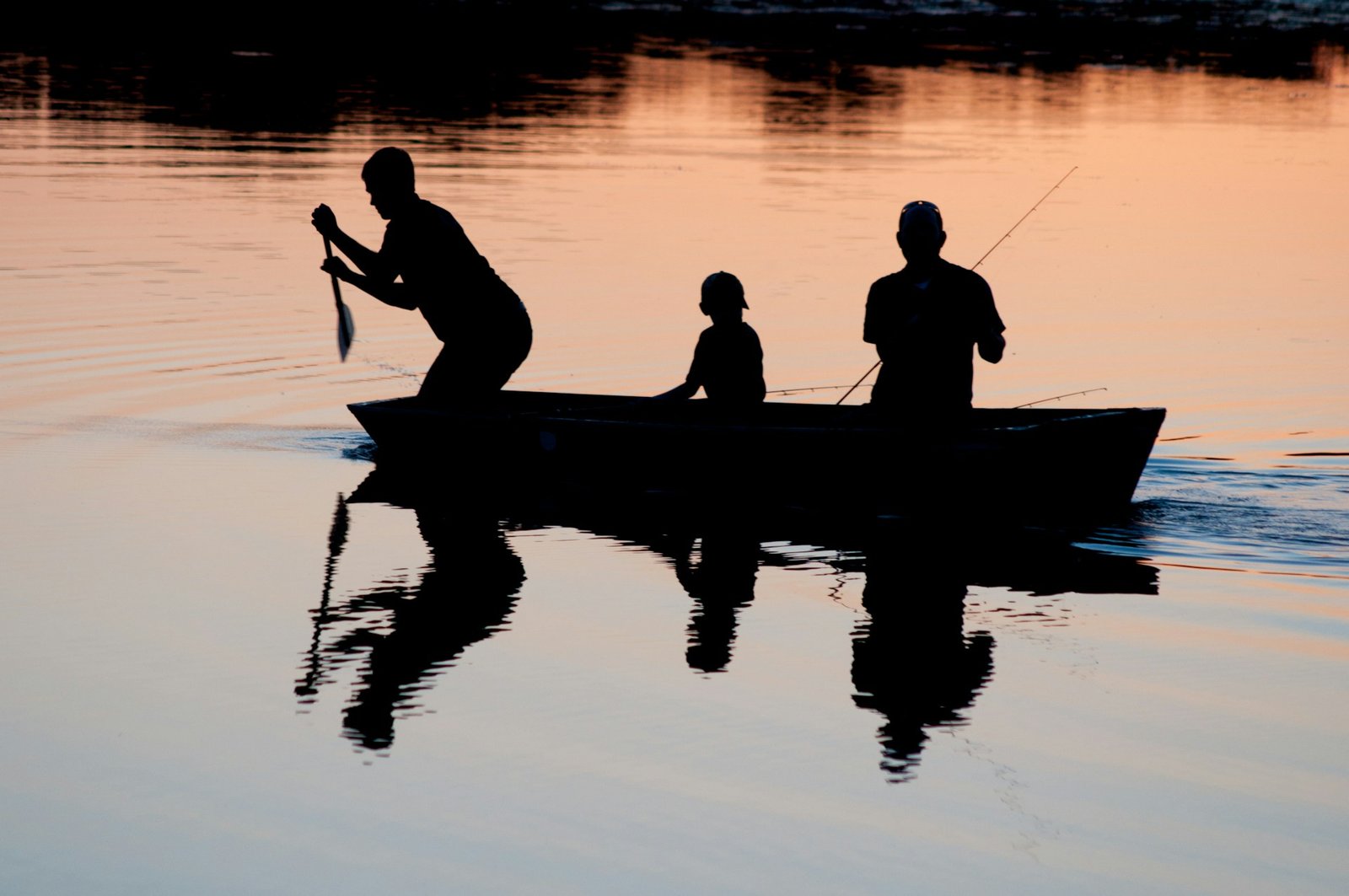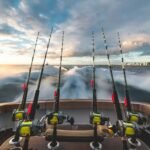Fishing is one of the world’s most popular pastimes. But, unlike other outdoor pursuits, it’s managed by laws governing aquatic ecosystems and promoting sustainable practices. Whether you are a casual fisherman or a dedicated owner of a fishing supply store, identifying your rights and responsibilities is vital to a fruitful fishing adventure.
Understanding Fishing Rights
Fishing rights represent the official permissions allowing people or organizations to fish in particular bodies of water. Generally, these rights can be of two types and be public or private; moreover, they can differ greatly from one area to another:
Public Fishing Rights
Public fishing rights take place in almost every country but can be limited by particular regulations on the state or county level . Participating in this type of fishing, you are obliged to follow the local regulations:
Fishing licenses are mandatory in almost all the jurisdictions and represent an insignificant fee used to uphold fishing in a particular area and keep track of the number of fishers.legendcatch limits, determining the maximum number and the size of fish you are allowed to own.ResponseWriter to avoid overfishing, the authorities set the seasonal limits, restricting the fishing for some species which are either spawning or at their minimum population.
Private Fishing Rights
Landowners with bodies of water on their property have private fishing rights. They can fish freely in their waters and may grant permission to others. However, they still must adhere to broader conservation laws and are not allowed to imperil protected species.
Responsibilities of Anglers
With these rights come responsibilities. Anglers ought to be stewards of the environment and fish ethically to uphold aquatic habitats.
- Regulations: Check local regulations before fishing every time. They are in place to ensure the survivability, growth, and distribution of fish for all anglers for generations to come.
- Poaching: If you see others poaching, the ethical angler will report it to the local authorities to prevent the unsportsmanlike individual from ruining the fishing for everyone.
- Catch and Release: Whenever available, anglers should practice catch and release, especially with young fish or critical species. They should be handled gently and let go as quickly as the catch is landed.
- Waste: Do not discard used fishing lines, hooks, or bait back into the water. They can harm wildlife and pollute waterways.
- Property: If private land surrounds the body of water you are fishing at, be sure to have the permission of the owner to enter it. Trespassing can cause legal troubles and spoil fishing opportunities for yourself and others in the future.
Conservation Efforts
All fishing regulations are aimed at conserving fish resources, as conservation is the basis of fishing laws. What the anglers can do to contribute to conservation is:
- Support habitat restoration projects – participate or donate. Health habitats is the only way to maintain sufficient numbers of fish;
- Educate others – tell others about fishing laws and conservation efforts, particularly promote these ideas among newer members of the anglers’ community;
- Participation in events and volunteer work – numerous organizations and clubs run clean-ups and other events. You are likely to make a change, even if it is not huge, by dedicating some of your time.
Legal Consequences of Non-Compliance
Ignoring legal regulations regarding fishing comes with serious consequences. In short, one would need to pay fines, lose the necessary equipment and fishing license, and be at risk of facing a criminal lawsuit. It, however, should be noted that the legal implications affect not just retribution. They are designed to prevent the depletion of our aquatic resources.
The Role of Technology in Fishing Law Compliance
Nowadays, technology is another factor in ensuring that everyone is adhering to these laws. Digitization projects are often set up to ease the process of purchasing a license and reporting one’s fishing achievements. In some areas, smartphones can even be used to identify a fish species. All in all, fishing is a privilege that always comes with a number of regulations.
Conclusion
Upstanding anglers, who respect these legal and ethical restrictions, contribute to the sport’s overall sustainability.
Just keep in mind that the next time you have fun angling, you are not just fishing. You are a part of our community, which is dedicated to conserving the natural beauty and wealth of waterways.



